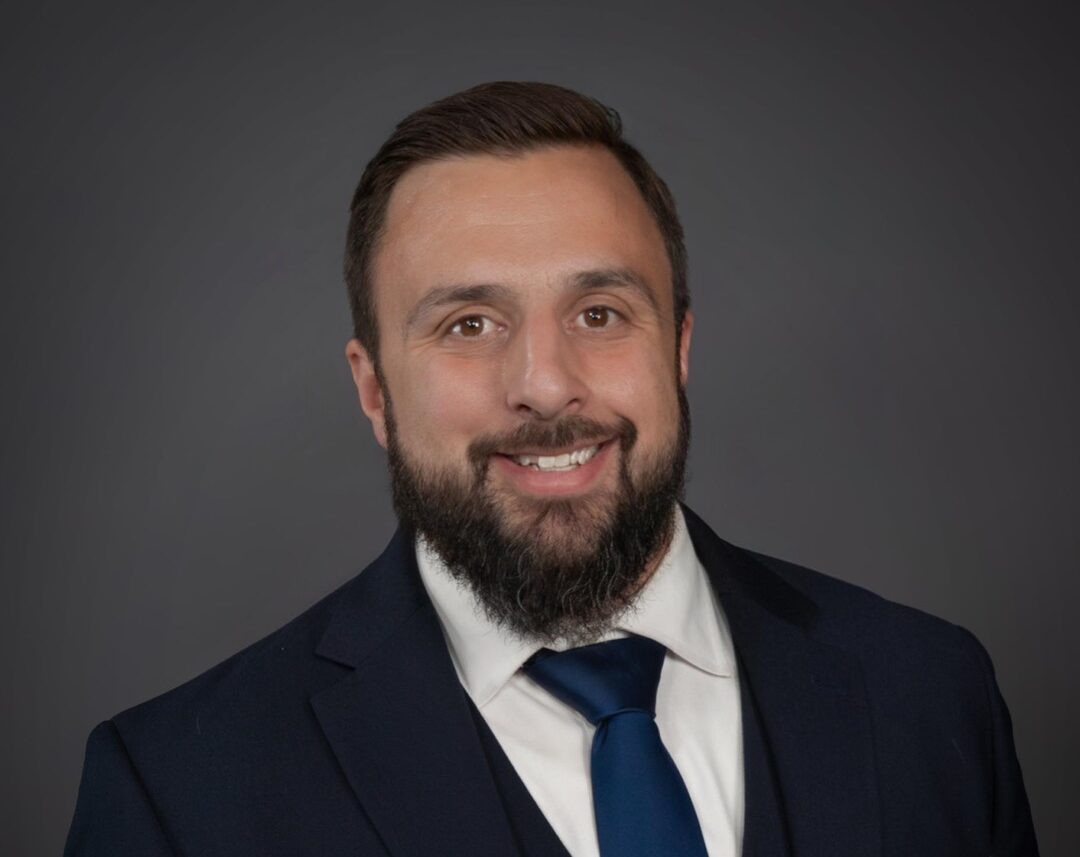Louisiana Governor Jeff Landry has made pharmacy benefit managers (PBMs) a public health bogeyman. Not only is his administration suing CVS – a major player in the PBM industry – because they mobilized their consumers to advocate against legislation that would’ve closed all their pharmacies, but he’s even threatened to call a special session after the legislature failed to pass a bill he backed.
But it’s Landry’s latest move in this crusade—giving billionaire Mark Cuban’s retail drug company a taxpayer-funded microphone before the state’s PBM Monitoring Advisory Council—that should trouble most Louisianians who want good government.
Created in 2019 to enforce Louisiana’s PBM law, the committee is meant to be neutral. Its members come from state agencies as well as healthcare and pharmaceutical trade associations. Yet, Alex Oshmyansky, the CEO and co-founder of Cuban’s Cost Plus Drug Company—which is built to bypass PBMs entirely—had a preferred place on the agenda for this week’s meeting, despite having a direct financial stake in seeing PBMs banned from owning and operating pharmacies.
That is a serious conflict of interest: Cuban and Oshmyansky are not neutral public advocates. Not only are they outspoken critics of PBMs, but they are also competitors who stand to gain if they are regulated into oblivion. Worse, PBMs themselves did not appear on the meeting agenda, which means Oshmyansky had the chance to make his case without balance or rebuttal.
A one-sided debate on this issue is a disservice to Louisiana taxpayers because most PBM critics often ignore the elephant in the room: access to critical, life-saving, and expensive drugs. Cost Plus Drugs sells generics and lower-cost medicines but largely doesn’t provide the high-priced specialty drugs that drive most spending and affordability debates. Plus, Cuban’s company only accepts a few insurance plans and can’t fulfill orders for urgently needed medication. PBMs, for all their flaws, are the ones negotiating those costs, managing access, and ensuring timely distribution.
In other words, the Cost Plus business model sidesteps the hardest challenges PBMs actually confront.
Public servants like Governor Landry and the appointees to the Advisory Council should know better. Allowing Cuban’s team to set the narrative while PBMs are excluded is akin to asking environmentalists how the oil industry should be regulated…without letting oil representatives into the room.
And that’s not the only problem with Monday’s meeting. Also on the agenda was an examination of the state attorney general’s role in enforcing regulations under Act 474—a “compromise” bill the legislature did pass instead of Landry’s punitive measures. That means Cost Plus had a bully pulpit in front of the same attorney general’s office currently pursuing CVS in a case over marketing texts that many legal observers see as government overreach.
If Cuban is given a billionaire’s microphone at taxpayer expense, can anyone expect the attorney general’s role to get the scrutiny it deserves?
None of this is a defense of PBMs’ shortcomings. Independent pharmacies have long argued that PBMs cut reimbursements unfairly and keep their business models shrouded in secrecy. Greater transparency is essential—especially around how PBMs negotiate rebates, set formularies, and decide which drugs are covered.
But good governance means pursuing reforms through fair and balanced processes. If lawmakers want to rein in PBMs, they should do so with open hearings, public data, and voices from all sides of the table—not by giving a billionaire competitor an exclusive microphone.
Every business owner has the right to push their vision for lower-cost medicine. Cuban and Oshmyansky have every right to lobby publicly, post on social media, and speak to the press. What they should not have is privileged access inside a regulatory committee designed to oversee an industry against which their company directly competes.


